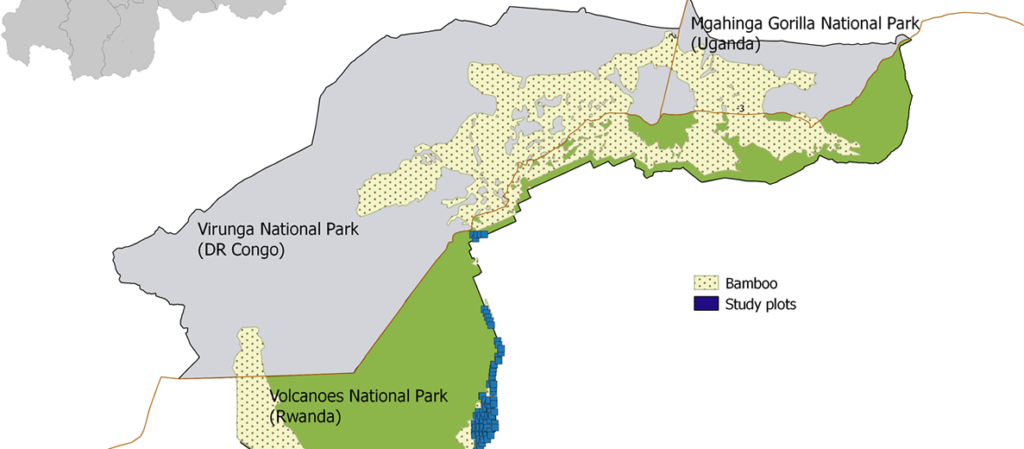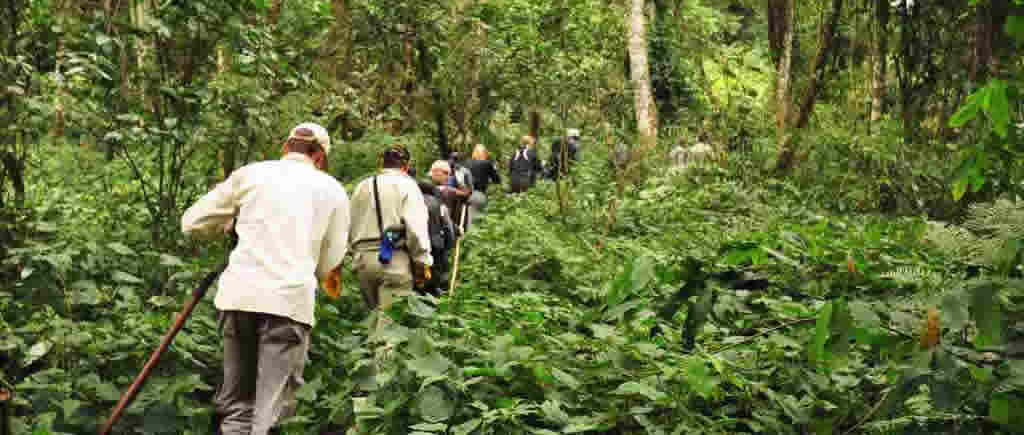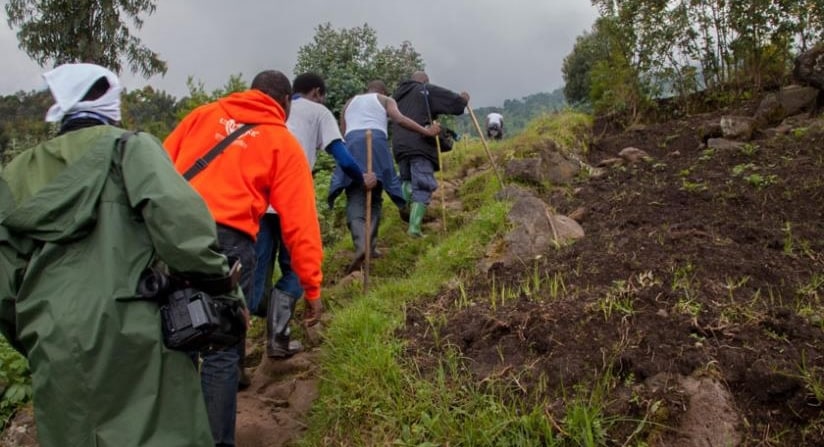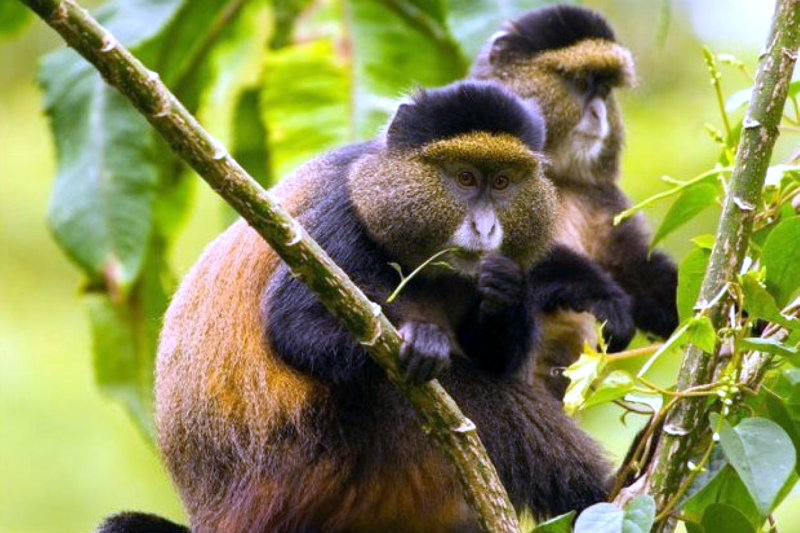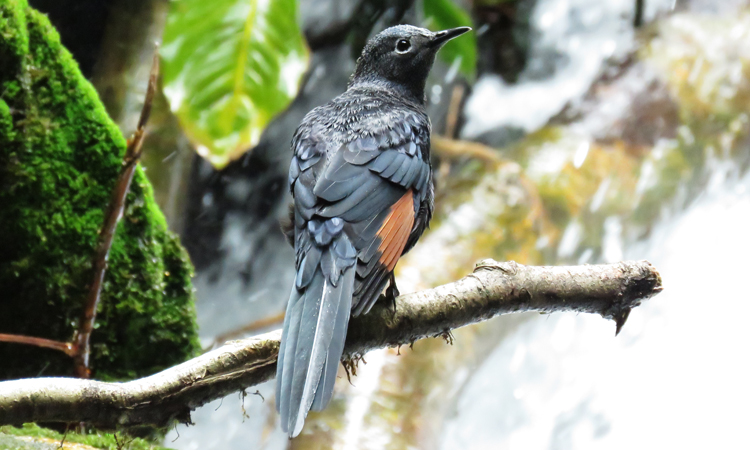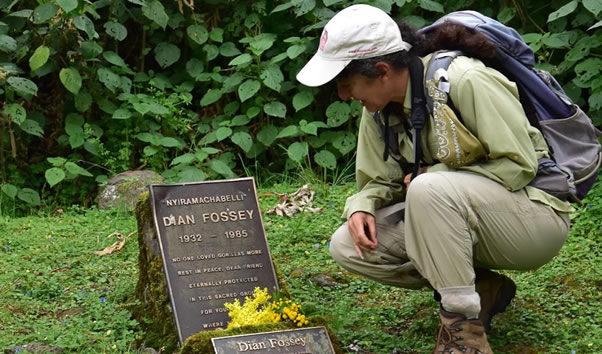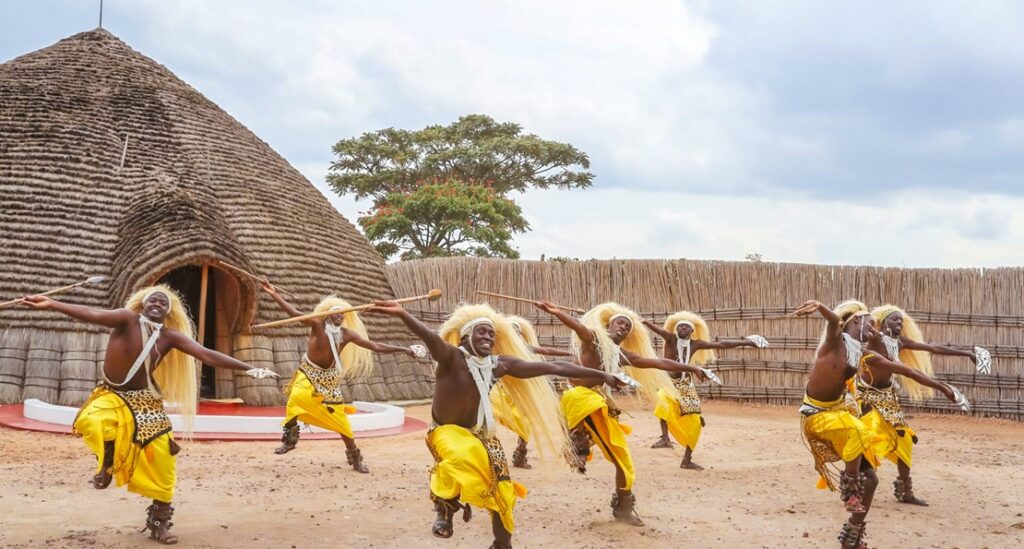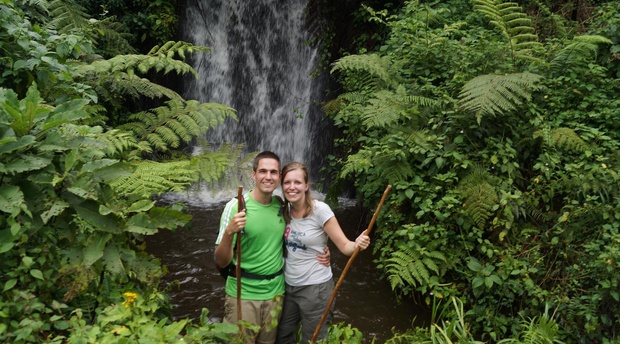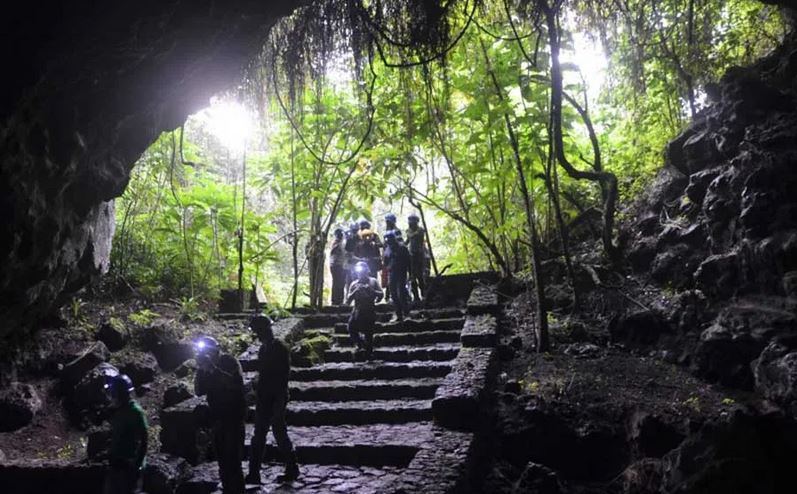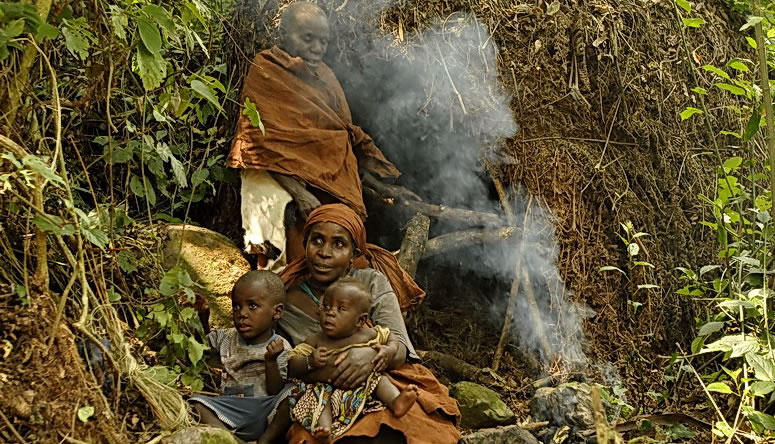Gorilla permit prices in Uganda, Rwanda & Congo are a must-have if you are to be allowed to visit mountain gorillas. Gorillas still feature among the endangered apes in the wild, and only 1063 mountain gorillas are left worldwide. The cross-river gorillas are not more than 350, Western Lowland gorillas 300,000 and not more than 5000 Eastern Lowland gorillas.
What is a gorilla trekking permit?
A gorilla permit is a legal document that is issued to all tourists on a gorilla safari in order for them to have access to gorilla families. Visitors can obtain either a gorilla trekking permit leading to visiting already habituated gorilla family groups, or a gorilla habituation permit to visit semi-habituated gorilla families.
Gorilla trekking permits are available across the 3 countries (Uganda, Rwanda, and Congo) and gorilla habituation permits are only issued to visitors on Uganda safaris to Bwindi Impenetrable National Park. Mountain gorilla habituation is only conducted in Bwindi National Park and specifically in the Rushaga sector, the Southern sector. This makes Uganda a complete mountain gorilla safari destination to enjoy both normal gorilla trekking and habituation experience.
Gorilla permit prices in Uganda, Rwanda and D.R. Congo differ significantly. Every country has its already habituated gorilla families, and each group is visited by a maximum of 8 visitors per day.
What is the price of gorilla permits in Uganda?
Gorilla trekking permits in Uganda are issued to guests on gorilla tours to Bwindi Impenetrable National Park or Mgahinga Gorilla National Park. Each of the gorilla permits costs USD 700 for all foreign nonresidents, USD600 for foreign residents, and shs. 250,000 for East African citizens.
For guests who want to experience mountain gorillas beyond an hour of a close encounter, there is also a gorilla habituation experience offered to visitors who travel to only Bwindi National Park. Visitors with plans to engage in gorilla habituation can obtain valid habituation permits at USD1500 per person for foreign non-residents, USD1000 for foreign residents, and shs. 750,000 for East African citizens.
What is the price of gorilla trekking in Rwanda?
Rwanda has only one category of gorilla permit. Each gorilla trekking permit in Rwanda is issued at USD1500 per person. Guests with plans to visit Nyungwe Forest National Park and Akagera National Park for about 3 days can enjoy a 30% discount offer from the Rwanda gorilla permit translating into USD1050 each person and it applies to low season or off months of the year is November and May.
15% (1275 US Dollars) discount offer is also available for visitors who travel to Volcanoes National Park for gorilla trekking after Meetings, Incentives, Conferencing, and Exhibition (MICE) events in Rwanda. USD30,000 offer awaits you too on the Rwanda safari and it applies to 3 visitors who are interested in the 3-day consecutive behind-the-scenes with the Rwanda gorillas.
USD15000 for gorilla permits applies to visitors who prefer exclusive gorilla trekking, where you will visit the entire gorilla group with exclusive guide services. It should be noted that gorilla permit prices in Uganda, Rwanda, or Congo are bound to change depending on the authorities and it will be done without prior notice. To keep up-to-date, we encourage you to always get in touch with your expert on the ground.
What is the price of gorilla permits in Congo?
Congo like Rwanda provides gorilla trekking permits and in Congo, each permit is issued at USD 400 per person. Unlike Uganda and Rwanda, visitors on Congo safaris can also indulge in guided lowland gorilla trekking safaris at Kahuzi-Biega National Park where the Eastern Lowland gorillas reside. The price of lowland gorilla permits in Congo is the same as that of mountain gorilla permits.
How to book gorilla permits in Uganda, Rwanda, and Congo?
Obtaining Uganda, Rwanda & Congo gorilla permits
It is easier to book or obtain Uganda gorilla permits through a reliable tour operator on the ground or deal directly with Uganda Wildlife Authority (UWA). In Rwanda, besides dealing with a ground tour operator, you can contact the reservation team at Rwanda Development Board and in Congo, get in touch with Virunga National Park.
The advantage of booking Uganda, Rwanda and Congo permits through the ground tour operator are enormous, but most importantly, it saves times. You don’t need to travel to the country to book the gorilla permit before the actual gorilla safari begins, the tour operators do it for you, and go ahead to book lodges, arrange for transportation and put together other essentials that are required in order for you to be allowed to visit gorillas.
All these stages the tour operator goes through them while you sit back home till that actual date when you are supposed to be in Uganda, Rwanda or Congo to visit mountain gorillas. Considering the high demand, obtaining a valid gorilla permit should be done at least 2-4 months earlier before you travel to your respective destination to track gorillas.
Who should obtain gorilla permits in Uganda, Rwanda and Congo?
Gorilla permits are issued to persons above 15 years, and this is a standard policy across the 3 countries. This is the fact that gorillas are endemic and susceptible to human infectious diseases, of which, persons below the 15-year age bracket are considered to be carriers of diseases like flu and cough.
Best time to travel for Uganda, Rwanda, and Congo gorilla trekking?
Gorilla tracking tours in the three countries are open to guests all year round. But, the favorite time to enjoy this remarkable African primate adventure is during the dry season. Each destination experiences two phases of dry season each year, and this often occurs from June to September (long dry season); December, January to February (short dry months).
What to carry for Rwanda, Uganda, and Congo gorilla trekking?
When packing for your guided gorilla trekking tour, essentials must come first on your list. These include good cameras with no flashlights, long trousers, valid gorilla permits, long-sleeved shirts, waterproof hiking boots, daypack, bottled water, gardening gloves, sweater, rain jacket, insect repellents, etc.






